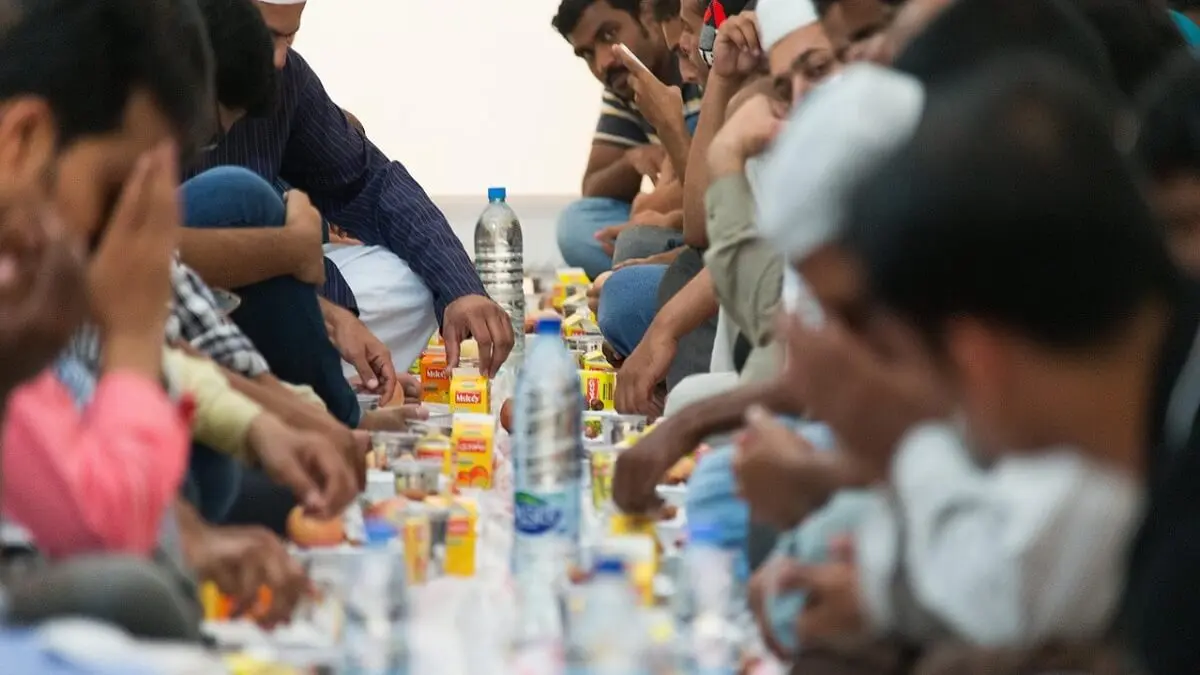The time of Ramadan and peace

The more than 1.9 billion followers of Islam in the world live it in complete respect for this important monotheistic religion, the third chronologically to appear on the international stage, after Judaism and Christianity, and after Mohammed, the Great Prophet, founded it in 622 AD. in the Arabian peninsula, as a result of the historical event universally known as the Hegira, which was the migration or hijra - some mistakenly refer to it as flight - of the prophet from the city of Mecca to Medina, as the chiefs of Mecca refused to accept the new religion.
Ramadan has two key dates, which are, on the one hand, the so-called night of the decree or Lailat el Qadr, which recalls the moment of the revelation of the Quran, the holy book of Islam to the prophet Muhammad, and Aid el Fitr, which is the day when the fast ends and a great feast is celebrated, scheduled after 30 days, which will be on 30 March. Thus, for the space of a month, Muslims will fast and must abstain from sexual relations during daylight hours until sunset.
During this time, Muslims renew their attitudes towards meekness and pacifism, so they do not tend to actively participate in conflicts, preferring truces, so we cherish the hope that there could be more than a ceasefire in Gaza between Israel and Hamas, and the expected total closure of the exchange of Jewish hostages held by the militia that controls Gaza, in exchange for their prisoners for terrorist acts, mostly in Israel.
Ramadan is one of the five pillars of Islam, the others being the profession of faith, collective prayer, pilgrimage and almsgiving to the poor. It is regrettable that there are still those who oppose or reject Islam, which is a religion of love, like the other two monotheistic religions.
There are marginal and intolerant groups of people who reject this important and transcendent religion, and they are no different to those extremist manifestations of Islam itself, which, although minimal, distort it, exposing Islamophobia in some countries, mainly European ones, hit by terror in recent decades, it must be said, although also by the enormous prejudice towards Islam that exists in the West, almost always behind the scenes, it must also be said.
Wherever they come from, extremisms will always be bad and show foolishness and intolerance in all their dimensions. The reactions of radical Europeans against Islam and its religious manifestations, as we have seen in France in recent years, have been detrimental to peace and tolerance. That must change. Religious respect will be fundamental to a better understanding of the world's cultures and nations.
Miguel Ángel Rodríguez Mackay, former Foreign Minister of Peru
Article published in the Peruvian newspaper Expreso



